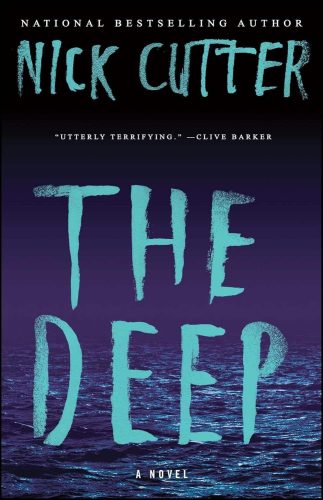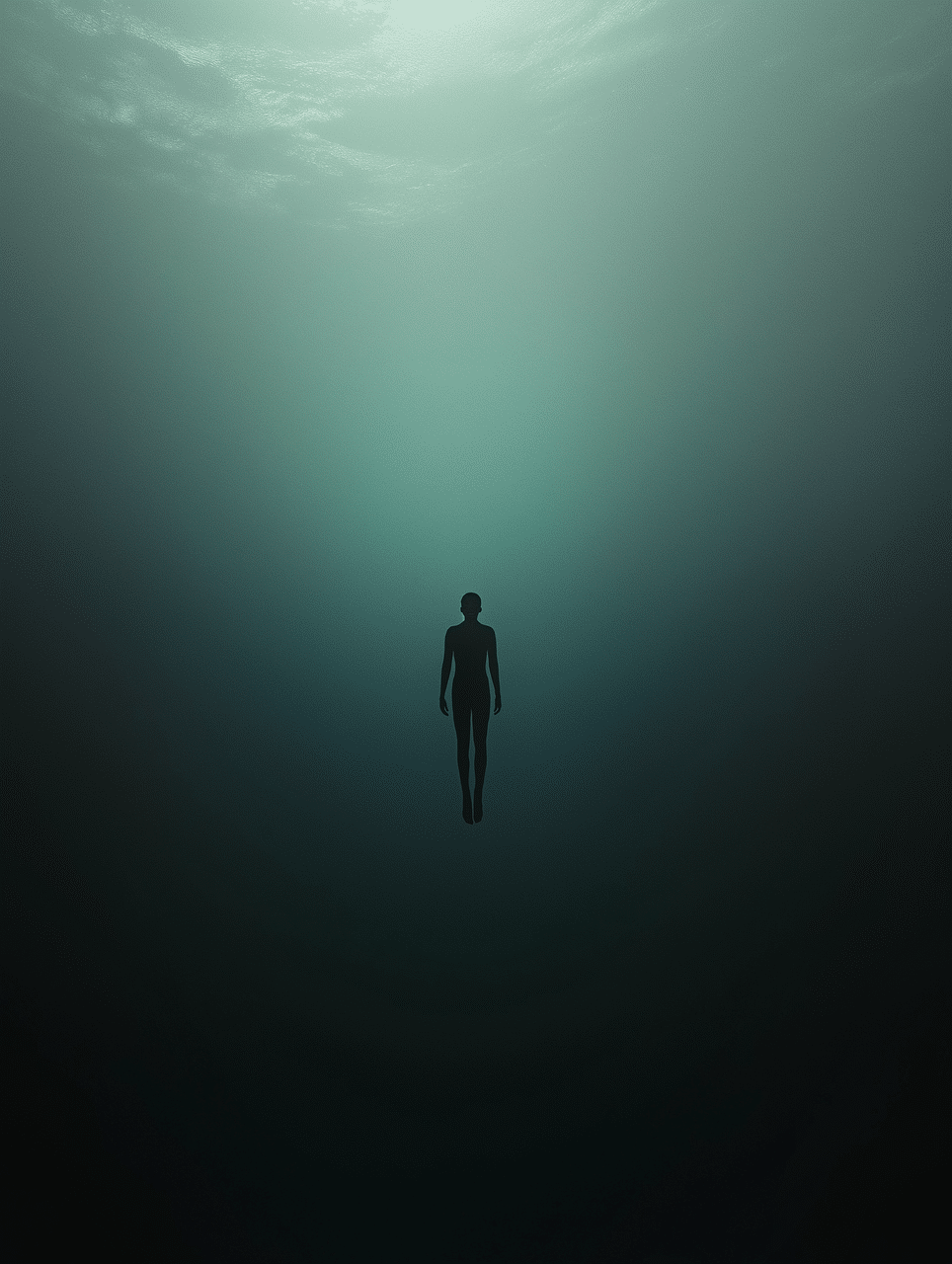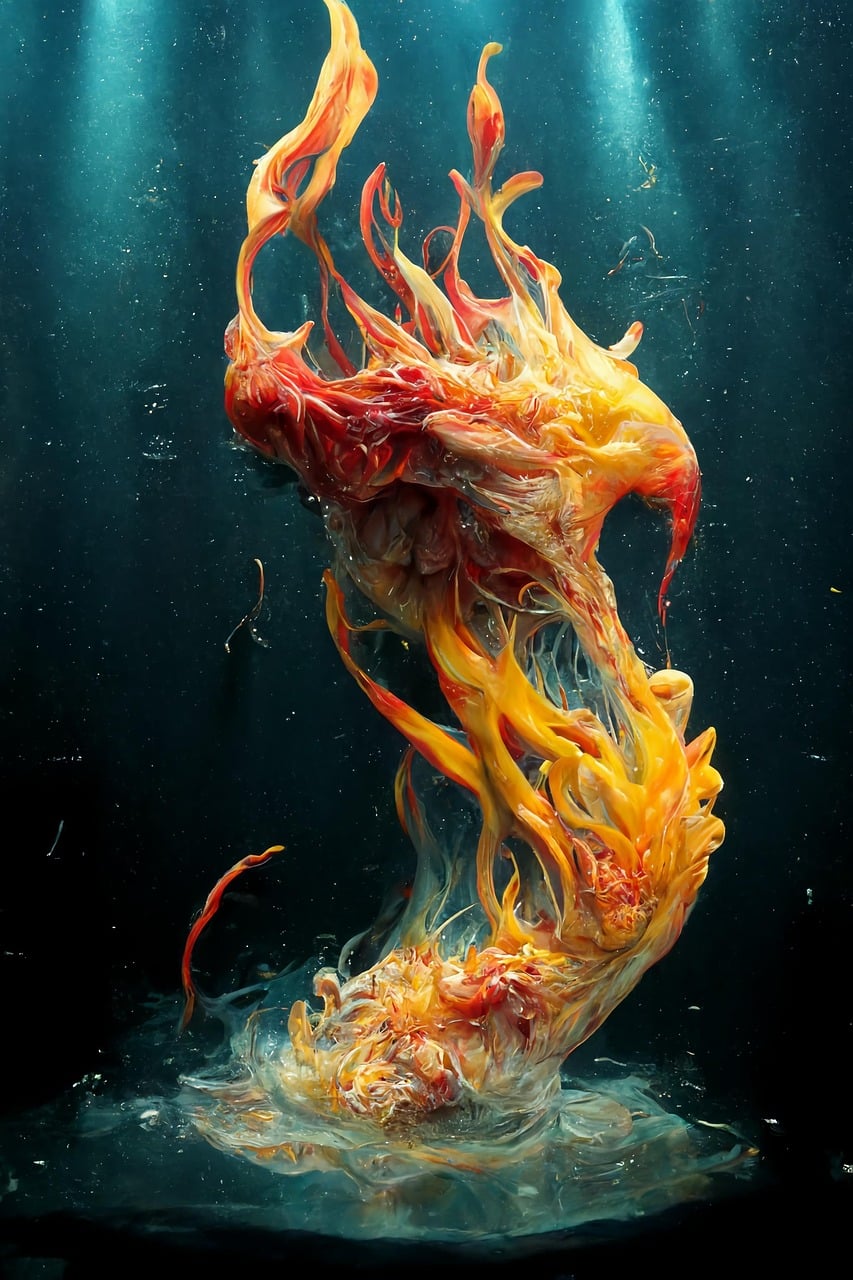 “To hurt is to love, right?”
“To hurt is to love, right?”
Author: Nick Cutter
Humanity is on the verge of extinction. There is a new, inexplicable plague sweeping the globe – a plague that causes you to forget. It starts simply. You forget your keys somewhere, or where you parked your car, or where you last left that ChapStick. But then it escalates. You forget significant memories, family, friends. Eventually, you even forget how to breathe, how to function.
In a last-ditch effort to save the world, a group of socially inept scientists have plumbed the depths of the Mariana Trench, harvesting an unknown gelatinous substance they’ve named Ambrosia. It has incredible properties. They don’t really understand all it can do, all it’s capable of, but they think it holds the cure to the plague. When the scientists go quiet though, and the lone man left communicating, a sociopathic genius named Clayton, sends a strange message demanding his brother, the government complies. It doesn’t make any sense why Clayton would suddenly want his brother – a grieving veterinarian with suicide ideation – to join him after all these years, but you must keep the genius who holds the solution to everyone’s ultimate demise happy.
Meanwhile, Luke is just as confused as everyone else. He has no expertise that can help, and he is beyond caring about the plague. When his young son went missing at a park years ago, his marriage and then his life ended. But, he thinks, this is for the greater good, so why not go to the hated brother, even though it will stir up terrible memories of their childhood where both brothers were abused by their mother and each sought a different means of escape.
I’m a little baffled by all the praise for Nick Cutter, including the touted “classic” status of The Deep. The Troop was a glorified gross-out game, strung together with stereotypical characters (the jock, the psycho, the mistreated fat kid who is a genius) and eventually offers the typical horror “surprise” – humanity is the ultimate monster. I was torn between how grossed-out I was (body horror is NOT my thing) and how ultimately pat the real story was. The Deep was more enjoyable, and a little more creative, but it still swerved towards all the tropes – from the mean sociopath to the drastically-unprepared hero to the overly drawn out “it’s the Ocean – so it’s deep, mysterious, and scary.” Not to say these tropes aren’t time honored for a reason – but the writing, plot, and characterization did not elevate them above the base level of “oh, more of this again” mediocrity.
Firstly, you cannot introduce a super terrifying and arguable cool idea like a plague that leaves you forgetting (which they lamely call the ‘Gets) and then drop it about two pages in. What, what? That is a stellar idea. That is a book in and of itself. It at least deserved a few chapters and a closer connection to the actual narrative. Absolutely no one in this story – and no one they know – ever gets the plague. Is it really that much of a threat? After all, they don’t know what causes it or how to isolate it, so statistically shouldn’t someone in this narrative have had a senior moment or too, or at least the fear of it?
And then there is our human villain – Clayton. His dialogue with his brother is simply inane. He reads like a mean five-year-old, refusing to let others play in his sandbox. Yet, true villain style, he shows up to over explain absolutely everything and to move the plot along as the Ambrosia turns out to be nefarious and also on the loose.
There are other weaknesses here too – gaping plot holes in defiance of logic. When Luke and crew first get to the underwater sea station/research lab/death chamber, named the Trieste, a rouge scientist, clearly insane and volatile, is wondering the corridors with a knife, threating everyone. They dodge him and go their merry way. Hello? He could easily sabotage the station, leaving them all to be crushed by miles of sea water. Shouldn’t someone, you know, at least watch him?

Image by SerenityArt from Pixabay
The conclusion also suffers a major plot hole, but I can’t go into it too much without spoiling the narrative. Suffice it to say that the ultimate reason Luke was called to the Trieste is unbelievable and also impossible. Why him, of everyone on earth, we ask? Well, don’t expect a satisfying answer, and don’t expect the entire scheme (because that’s not a spoiler, it’s obvious there is one from the beginning) to tie together.
So – why the three stars then? Because some of the novel did work. First, despite Luke being the usual grieving survivor stereotype, Cutter really made me feel for him, especially in his moments of flashbacks. I wanted the guy to survive, and I wanted something good to finally happen to him; it doesn’t, because this is a horror book, but I appreciated his characterization. Was it perfect? Nope, but it was good enough to get me involved.
The other element I greatly enjoyed was the imagery of what the Ambrosia could become. It’s surreal, and has Cutter’s usual gross-out techniques, but this time there is more to it, and it isn’t so gross that it fails to capture our imaginations and primitive fears. A certain scene with a beehive is forever stuck in my memory, and for all my bickering, the deep-sea is scary, so I liked that too. All that weird stuff floating down there, it’s automatically terrifying, let’s be real.
And so, I had a lot of questions and a lot of moments where I said, “hey there, that doesn’t make sense,” but it was a quick read with enough imagination and creativity that I had fun. Is it a great horror novel? No. Is it a bad horror novel, also no. It’s mediocre and if you’re a fan of deep-sea horror, you might enjoy it.
– Frances Carden
Follow my reviews on Twitter at: https://twitter.com/xombie_mistress
Follow my reviews on Facebook at: https://www.facebook.com/FrancesReviews
- Book Vs Movie: The Shining - April 6, 2020
- Thankful For Great Cozy Mysteries - December 13, 2019
- Cozy Mysteries for a Perfect Fall - October 20, 2019



